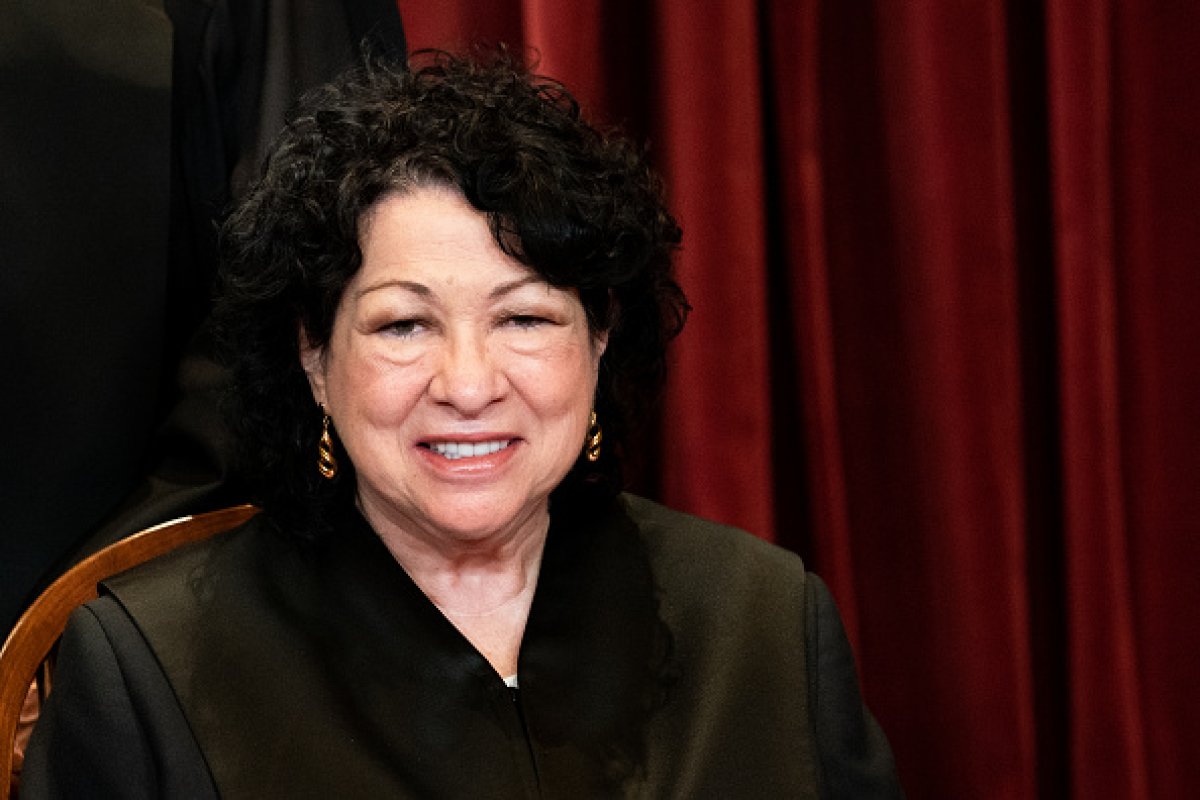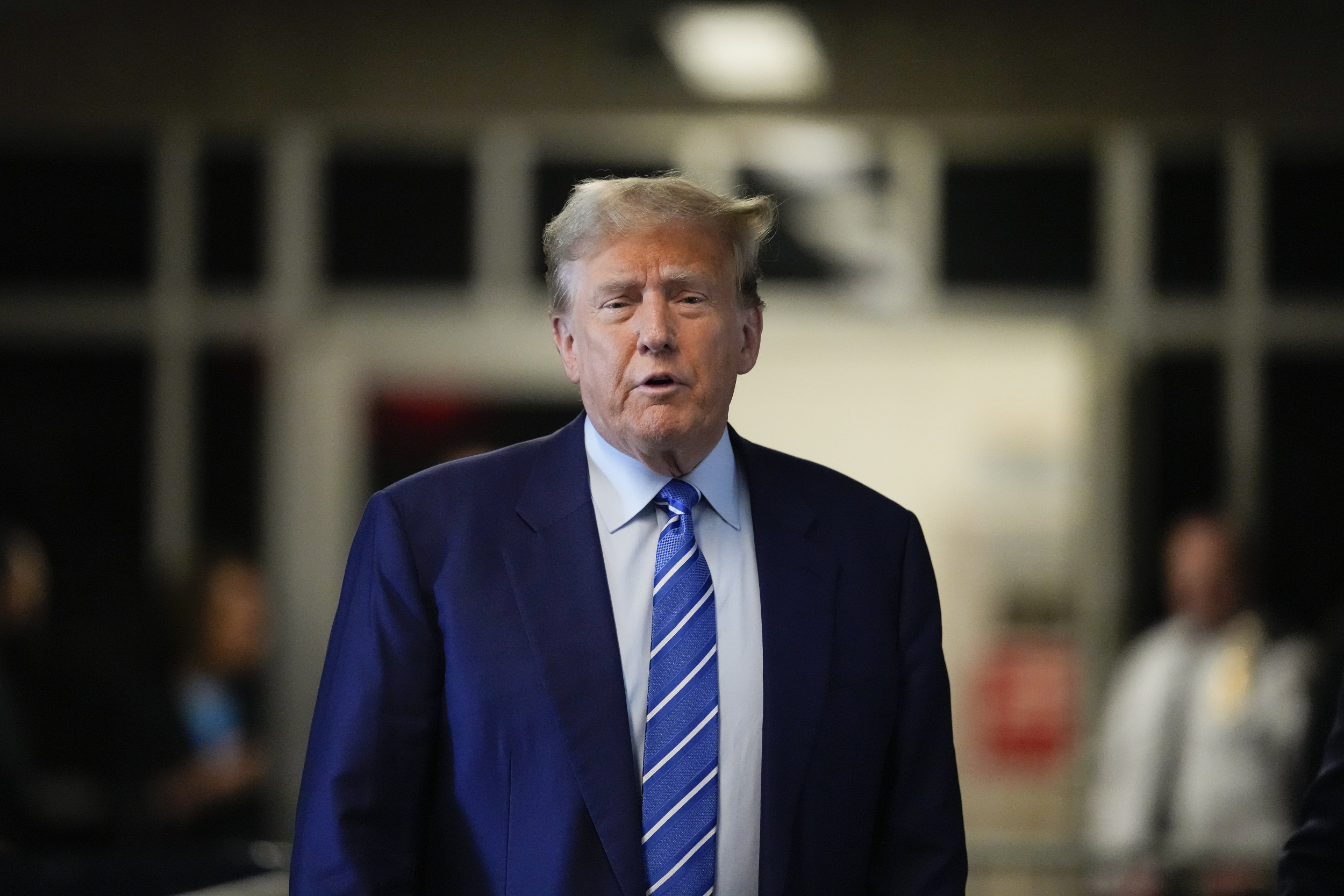Supreme Court Justice Sonia Sotomayor suggested Wednesday that overturning the landmark abortion ruling in Roe v. Wade could make the Court's decisions appear political.
During oral arguments in Dobbs v. Jackson Women's Health Organization, Sotomayor asked Mississippi's solicitor general, Scott Stewart, whether the Court would "survive the stench that this creates in the public perception—that the Constitution and its reading are just political acts?"
"I don't see how it is possible," she added.
Sotomayor suggested that the lawmakers behind Mississippi's abortion ban believe it will be allowed by the Court's new 6-3 conservative majority, saying the law's architects were "doing it because we have new justices."
Dobbs is the most important abortion case the Court has taken up in decades and is seen as an attempt to eliminate the constitutional right to abortion that was established by Roe and Planned Parenthood v. Casey.
Sotomayor has emerged as the bench's main champion of abortion rights since the death of Justice Ruth Bader Ginsburg.

On Wednesday, Sotomayor said the fetal viability rule set by Roe and Casey was "never challenged."
"You want us to reject that line of viability and adopt something different," she said. "Fifteen justices over 30 years have reaffirmed that basic viability line. Four have said no—two of them members of this court."
She suggested that overturning previous rulings could threaten other precedents that protect rights like same-sex marriage and access to contraception. Such precedents, like Roe and Casey, "all rely on substantive due process," she said.
"They're all wrong, according to your theater," Sotomayor told Stewart.
During Wednesday's arguments, Sotomayor and the Court's other two liberal justices raised concerns to the rest of the bench that reversing Roe could damage the public's confidence in the Court.
Justice Elena Kagan reminded the Court that the goal of stare decisis—the legal principle of relying on precedent—is "to prevent people from thinking that this Court is a political institution that will go back and forth" depending on who "yells the loudest."
"Usually, there needs to be a justification, a strong justification in a case like this, [to overturn precedent] beyond the fact that you think the case is wrong," Kagan said. "Not much has changed since Roe and Casey. The reason people agree or not are the same reasons they've always had."
She went on to ask, "Aren't we in the exact same place, except that we have had 50 years of women relying on this right?"
Update 12/1/21, 12:05 p.m. ET: This story has been updated with more background and information.
Uncommon Knowledge
Newsweek is committed to challenging conventional wisdom and finding connections in the search for common ground.
Newsweek is committed to challenging conventional wisdom and finding connections in the search for common ground.
About the writer
Katherine Fung is a Newsweek reporter based in New York City. Her focus is reporting on U.S. and world politics. ... Read more
To read how Newsweek uses AI as a newsroom tool, Click here.








